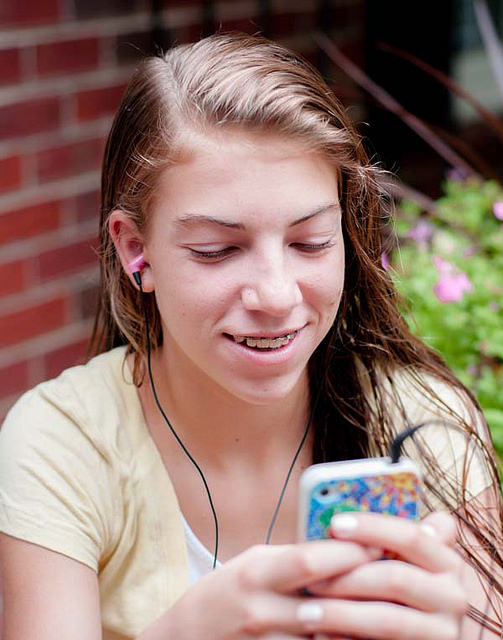Psychology Consultants, Brisbane
Music- it’s an amazing universal language that for centuries has been used to create ambiance, calm and excite crowds, cut through cultural barriers, prepare for monumental moments, reminiscence and reflect. And these days, this melodic and wonderful language is being used more strategically as a form of therapy. Recent scientific research into music therapy across a range of age groups, affirms what we anecdotally know, that music regulates mood. This revelation is particularly relevant for parents with teenagers whose hormones may have gone haywire with a brewing mood to match.
If you haven’t tuned into the YouTube sensation by Peter Denahy, “Sort of Dunno Nothin”- Google it for a laugh! The lyrics takes the micky out of communicating with teenagers, with answers like ‘Sort of, Dunno, Yep, Nope, Nowhere’. The ballad provides a good giggle, if you are a parent enduring these trying years, it might lift your mood and provide a lighter perspective.
Perhaps though, the stereotypical image of the grunting teenager, complete with grim look, digital device and earphones firmly plugged, stands to reason. They are niftier than we give credit for, self-regulating, using music as their tool to escape, lighten, relax or sometimes brew in whatever flavour mood they are experiencing.
If you take a walk in their shoes, you may empathise and remember how challenging this stage of life can be. Putting aside the physical trials and tribulations of teenage-hood, is more mounting pressure than ever before, causing stress and anxiety particularly amongst high school students. A 2016 study by Mission Australia revealed the top two concerns for teens aged 15-19 years, were coping with stress, school and study problems. Recognising the enormity of the issue and the mental health ramifications, The University of Queensland’s, Dr Genevieve Dingle (School of Psychology), developed the ‘Tuned In Teens’ program, designed to help high school aged students, regulate their emotions through music and in turn reduce stress and anxiety. For many teens who have tuned into the program, it has literally been music to their ears with results showing this form of therapy, that has stood the test of time, has real life worth.
As amusing as the ‘Sort of Dunno Nothin’ tune is, teenagers can find it very hard to verbalise their thoughts and emotions and parents can find this disconcerting, challenging and infuriating. Music, offers the opportunity to break through the verbal barrier and regulate mood by communicating through visualisation, bodily sensation and making sense of feelings through the thoughts music provokes. Better yet, if the music is a shared experience with parents also tuning in, it can act as a conduit to better understand how their teen might be feeling. To further advocate our tongue-tied teens, recent research shows that the human brain goes through some pretty dramatic development during these years, with physical changes to the frontal lobe affecting the synapse that are responsible for decision making, judgement and control.
We all have experienced, the lift music can provide, making you feel happy, enlightened and relaxed; just imagine a bar or a gym without music. On the flip side, we’ve all probably experienced the sadness it can sometimes bring, darkening our mood and making us feel angry or resentful. It is important when it comes to teens, to monitor the types of music they are listening to, also ensuring the earplugs are not always accompanied by a screen. Encouraging teens to unplug, get some fresh air and exercise, provides the ultimate trifecta for natural mood enhancement.
If your teenager is struggling with stress and emotional problems or you would like some parenting strategies, speaking to a psychologist can be a positive step forward. Find out more about our team of Clinical Psychologists at www.psychologyconsultants.com.au
